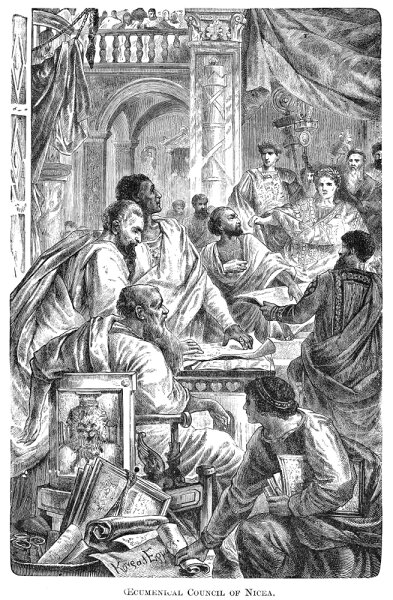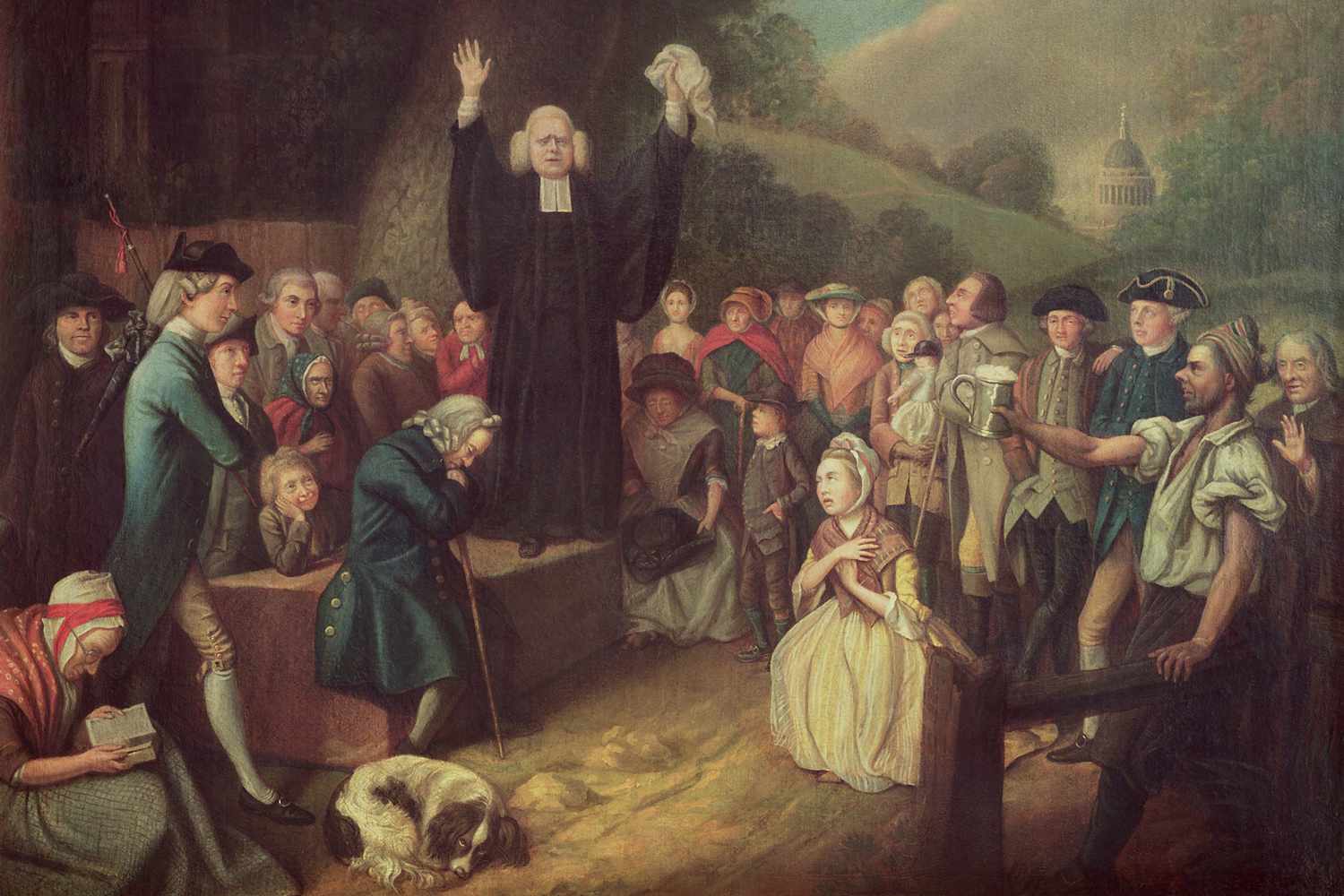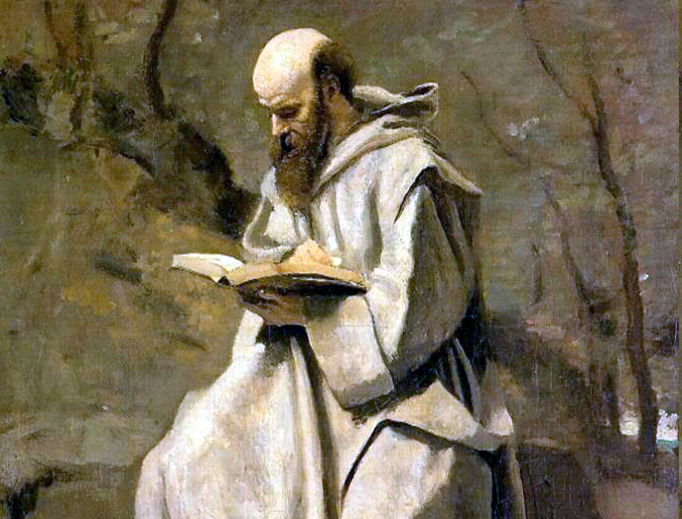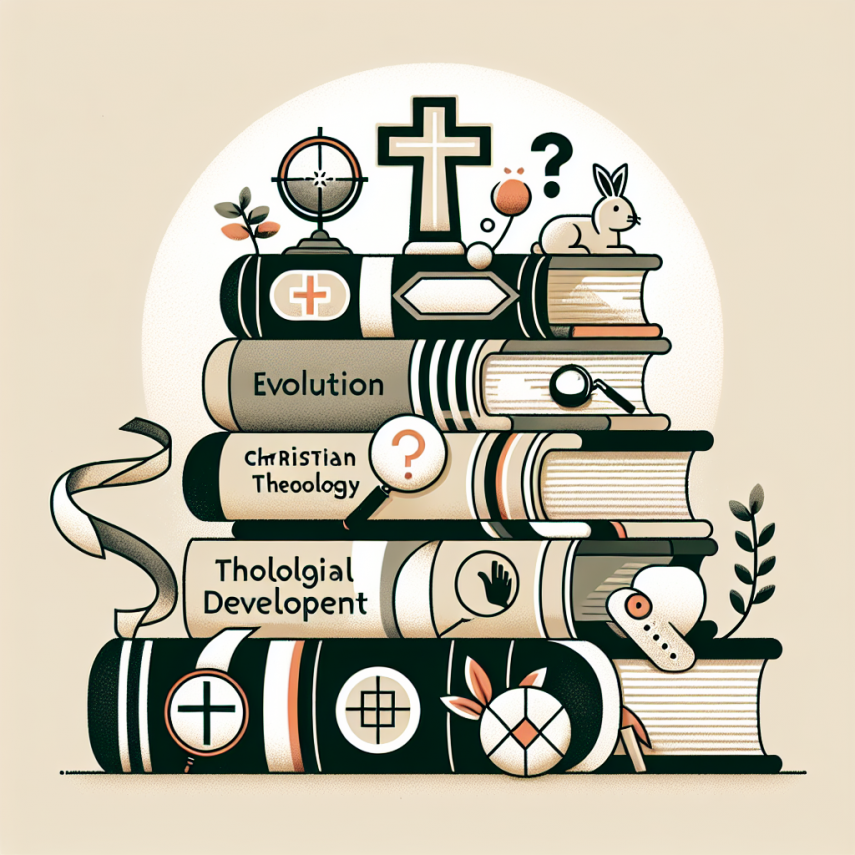The Evolution of Christian Theology: Key Theological Developments Through the Ages
As I reflect on my personal journey through faith, shaped by doubt, discovery, and healing, I’m continually struck by how the rich tapestry of Christian history has undergone significant theological developments. These key theological shifts have not only shaped the Christian tradition as we know it today but also continue to shed light on how we interpret and live out our faith in contemporary times. Just as I have navigated trials that deepened my own understanding of Christ, the Church has walked a similarly intricate path through theological growth and reform.
The Roots of Christian Theology: Early Church Councils
Christian theology, from its earliest days, has been shaped through debates and discussions aimed at defining essential doctrines. The early Church Councils remain a monumental period in Christian history, providing the framework for doctrines such as the Trinity and the nature of Christ. These debates were not merely academic but were central to the faith and unity of the early Christian community.
One of the earliest and most influential councils was the Council of Nicaea (AD 325). Convened by Emperor Constantine, this council sought to address the Arian controversy, which questioned the divinity of Christ. The result was the creation of the Nicene Creed, which remains a foundational statement of Christian belief, affirming that Jesus is “of the same substance” as God the Father.
This period of theological clarification is crucial for contemporary Christians, as these early debates solidified core doctrines that continue to inform our worship, understanding of salvation, and the nature of God’s relationship with humanity. As I’ve considered the complexity of my own experiences—pursuing faith amidst doubt and adversity—I better understand how important it is to have a solid theological foundation upon which to stand.
< >
>
The Reformation: A Turning Point in Christian Thought
Fast forward to the 16th century, and the Christian world witnessed one of the most seismic shifts in its history: The Protestant Reformation. With issues of ecclesiastical authority and practices such as the sale of indulgences at the forefront, figures like Martin Luther and John Calvin called for significant reform within the Church.
Luther’s famous “Ninety-Five Theses” in 1517 marked the beginning of a movement that emphasized the importance of justification by faith, the authority of Scripture over Church traditions, and the priesthood of all believers. The theological shift rekindled the centrality of scripture in daily life, encouraging personal engagement with the Word of God.
This has particular resonance for me as someone who has explored the intersection of science and faith. As I’ve come to appreciate the disciplined inquiry of both science and theology, I see how the Reformation encouraged individual believers to seek their own understanding of spiritual truths, challenging them to dig deeper—an intellectual and spiritual curiosity that mirrors my own journey.
The Rise of Evangelicalism and Theological Adaptation
The 18th and 19th centuries saw the emergence of the Evangelical Revival movements in Europe and North America, spurred by figures like John Wesley and George Whitefield. This period was marked by renewed emphasis on personal conversion, the authority of scripture, and active engagement in fostering social justice—values that continue to influence modern evangelical Christianity.
What strikes me about this phase in Christian history is how it echoes some of my own reflections on aligning faith with action. Christian ethics, especially as I have explored in professional contexts, are not merely theoretical constructs but are meant to inform how we live, serve others, and advocate for justice. The evangelical movements, with their emphasis on preaching the gospel and direct action, serve as powerful examples of faith manifesting through works.
< >
>
Theological Diversity: Navigating Complex Interpretations
One of the often undervalued aspects of Christian theology is its diversity. The ongoing journeys of the faith, from Eastern Orthodox traditions to Roman Catholicism, to various Protestant denominations, offer rich interpretations of foundational truths. While these groups may differ in certain doctrinal matters (e.g., sacraments, the role of tradition, or views of free will and predestination), they all form a cohesive narrative that ultimately points back to Christ.
A key theological point often debated is atonement theory—the ways in which Christ’s death and resurrection reconcile humanity with God. Different Christian traditions have various interpretations, such as the penal substitution theory or the Christus Victor theory. These diverse views reflect both the richness and complexity of understanding God’s saving work, encouraging us to approach theology with both humility and curiosity, much as I’ve found myself doing throughout my career and spiritual life.
Through prayerful reflection and wrestling with my own uncertainties, I find that theological diversity can often be a mirror of the complexity of God’s character—something that makes us marvel, rather than resent, different perspectives and views.
Why These Developments Matter Today
In reflecting on the timing of these critical theological milestones, it is easy to draw connections to the modern world. When I was facing personal health challenges, I found myself leaning on the deep theological truths that have been passed down through centuries. As I prayed for healing, I was reminded of Christ’s role as a present comforter, a concept shaped by centuries of theological reflection on His nature as fully God and fully man. Much like my personal recovery from illness, something that calls for deeper reliance on God, our growing understanding of theology also lets us lean more upon the depth of Christ’s truth.
These theological threads also connect strongly to some recent reflections on faith in professional life, whether it’s addressing ethical challenges or considering how best to serve others in times of trouble, such as financial hardship. By understanding the theological heritage that bears upon our faith, we become ever more equipped to face the complexities and trials of today’s world with courage and wisdom.
< >
>
Looking Ahead: Continuity and Change in Theology
As we continue to explore our doctrine and truths, the important thing to recognize is that theology is never static. Just as I have moved from a place of doubt to faith by continuously pursuing understanding, so too does the broader Christian tradition keep questioning, reforming, and revisiting its foundations. The future of Christian theology will undoubtedly encounter new challenges from emerging scientific discoveries or cultural shifts, but these moments of tension will provide pathways to deeper understanding—much like the challenges in my own life’s journey have.
In a world saturated with data, technology, and innovation, it can be easy to lose sight of the eternal truths of Christ, but key developments in theology ground us in enduring principles. They remind us to look both back at history—for the lessons passed down by past saints—and forward, where our faith will continue to grow by engaging with modern dilemmas. This unity of tradition and innovation is part of what I hope you, dear reader, will discover as you engage both deeply with Scripture and live out your faith daily.
Further Reading and Resources:
- The Nicene Creed – An in-depth look at the creed and its importance
- Martin Luther and the Protestant Reformation – Historical overview
- Read the Nicene Creed in modern translations
- John Calvin – An overview of Calvin’s theological impact
Focus Keyphrase: Key Theological Developments



Just posted! What are your thoughts?
Thank you. Nice article!